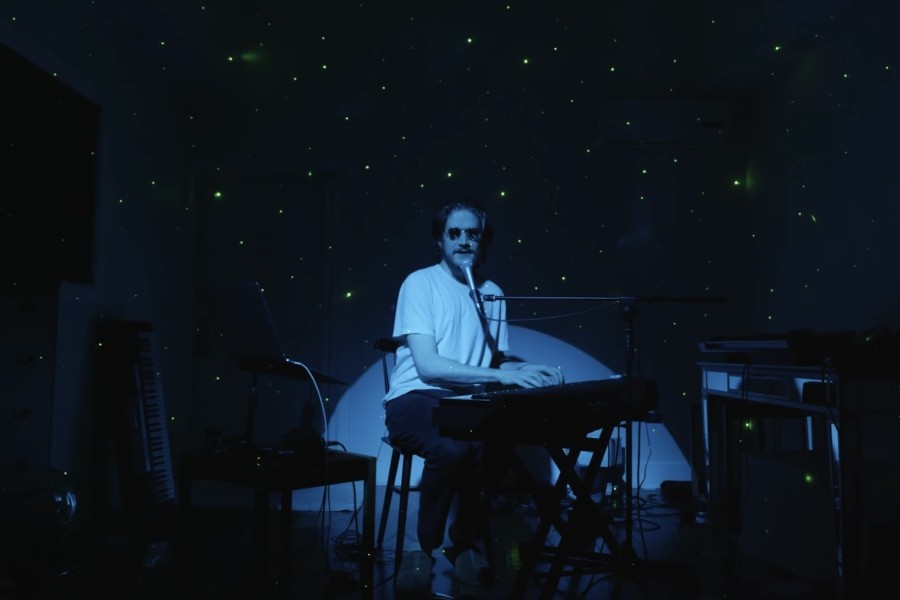Saying that Bo Burnham’s Inside, an American musical comedy special, has redefined a genre would be untrue. It has, in fact, created an entirely new genre -- a form of solitary art, more appropriately phrased in these times - ‘quarantine art.’
Quarantine art has been trying to find ground ever since the pandemic let loose. With the release of Inside, it has spiralled into a perfect shape, encompassing all of its aspects. This genre is the most necessary and relevant portrayal of the world inside our homes, and inside our minds, to be more precise.
Bo Burnham’s Inside is quite frankly a one-man show. The famous American comedian, also an actor, director and musician, can do it all by himself. He directs, writes, composes, produces and even edits the scenes, which he clarifies later in the special.
Over this hour-long symphony in his cosy room in Inside, we unravel that this special comes from a very special place. This year was said to be Bo Burnham’s glorious return to stand-up comedy after a long five-year hiatus.
If you've ever been a fan, you're well aware of his unique form of comedy through songs and melodies that dig into almost everything. The comedian gained prominence through YouTube, propelling his career at a really young age. At the peak of his career, though, panic attacks had him say farewell to the limelight.
After a strenuous journey of, as he puts it, “getting better,” he was supposed to return this year. And he’s returned, albeit in quite a different form.
Bo Burnham’s Inside is at times only a walk around his mind, and sometimes, it’s a run for your life. The transitions, as chaotic as they are, sometimes even abrupt, feel perfectly placed. In just an hour and 27 minutes, the viewers will be challenged every step of the way. You lose track of who you’re laughing at or reacting to. Surprisingly, in most cases, it is yourself.
Burnham’s magnum opus is as far as you can get from any generic standup special. In this trip through his suffocating room, the 30-year-old artist guides us past the thorns of income inequality, racism to the bliss of comedy about mundane things. The aforementioned abruptness of the transitions is a joke itself on how Burnham himself had to patch all the bits up. But in it lies the beauty of the raw living thing he gifted to his audience.
At first glance, his comical approach to the special might draw one away from the poetic nature of the masterpiece. But as the audience drifts further into Burnham’s madhouse, these hidden gems he's left scattered become clearer. However, just knowing you're on a claustrophobic trip through self-realisation does not half these moments where Burnham takes your breath away.
Of the several factors that came into building this experience, Burnham’s camera work particularly gets unnoticed but is exceptional nevertheless. His approaches to giving life to the digital world through shifting aspect ratios, using a projector to show his texts as we live through them, turn out to be nothing short of actual humane connections in our minds.
The strength of Inside isn’t necessarily in the content. It is in the audacity of Burnham when he gives life to the stellar script of this masterpiece. Some reviewers have identified a problem with how Burnham takes control of the entire ship. To quote Vanity Fair magazine, “Burnham tries to have his cake and eat it too.”
The special is Burnham’s ode to himself, and the world as he envisions it, and a direct window into this talented artist's life. As the last song in the special says “all eyes on me,” Burnham makes sure all eyes are on him, the entire time.


